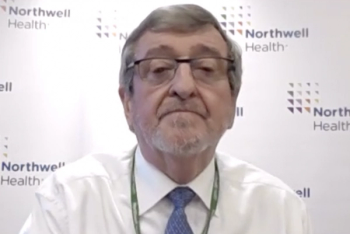
The longtime head of the New York hospital system says leaders should constantly raise the bar.

The longtime head of the New York hospital system says leaders should constantly raise the bar.

He talks about the importance of generating optimism and inspiring teams to be a part of something bigger.

Health systems say the legislation would impose burdensome reporting requirements. Critics say the program needs more transparency and reform.
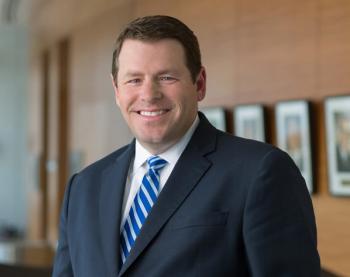
AdventHealth has named two new leaders in its Central Florida Division; Kaleida Health hires a chief nurse executive; and Lifepoint Health appoints a president of two hospitals.

More than 30 health systems have all agreed to join a nationwide framework for sharing health information. Epic’s Matt Doyle talks about why it’s a big step toward making interoperability a reality.

The American Hospital Association is drawing attention to the violence healthcare workers face and is urging support for federal legislation.

Patients are losing Medicaid eligibility and hospitals are providing more charity care, according to the latest Kaufman Hall report.
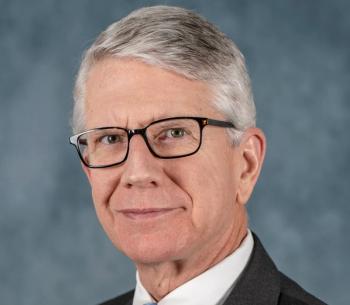
As he prepares to retire, Carter offers insights on staying focused on key goals, the changing role of healthcare leaders and what has helped him succeed.

The organizations behind the nationwide effort include the Institute for Healthcare Improvement, Race Forward, the American Hospital Association, and more.

Amid low supplies of some chemotherapy drugs, healthcare groups and members of Congress are pushing the Food & Drug Administration to alleviate the shortages.
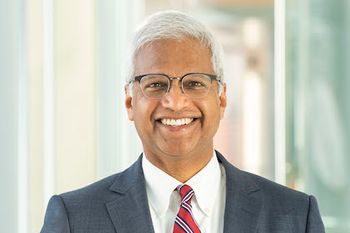
Rural health systems struggle to attract talent. Sunny Eappen, president and CEO of The University of Vermont Health Network, stresses the importance of building a diverse staff.
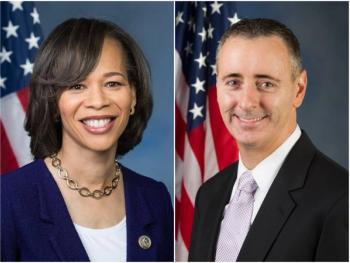
A bipartisan bill is designed to help children's hospitals treat more kids with behavioral health issues and train more workers in pediatrics.
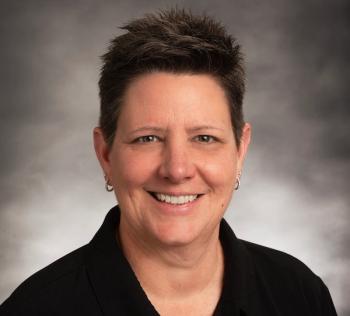
University of Michigan Health hires a new patient safety officer, Tampa General Hospital appoints a chief nursing officer, and others move into new roles.

Researchers hail it as an important step in understanding complications persisting after a COVID-19 infection, and they say it could lead to better treatments.

Health systems can avoid conflict in choosing leaders. Rick Gundling of HFMA talks with Chief Healthcare Executive about searching for executives, nurturing talent and planning for the future.

Lawmakers have approved legislation that would give the state’s attorney general more authority on hospital consolidations. Sanford and Fairview are planning to create a system with over 50 hospitals.

The organization offers resources in screening for the social drivers of health. Gary Price, the foundation's president, talked with Chief Healthcare Executive about assessing patients and getting them help.

The Association of American Medical Colleges says improving diversity is critical to training doctors and improving public health.

Vivek Murthy issued an advisory warning of the ‘profound risk’ to the mental health of children and teens, and several leading medical organizations share those concerns.

The leaders of Dartmouth Health, MaineHealth and the University of Vermont Health Network outline the perilous road for rural health systems.

LCMC Health agreed to buy three hospitals from HCA Healthcare, and Louisiana officials approved the deal. The Federal Trade Commission has moved to block it, outraging hospital groups.

The California system is forming a new health organization called Risant Health, and Geisinger will be the first member. Financial documents offer more details on the deal.

C.K. Wang of COTA talks about the disparities in outcomes for the sexual and gender diverse population. He talks about the need for more information and improved training for clinicians.

How one full year of postpartum care impacts health equity, outcomes, and care costs.
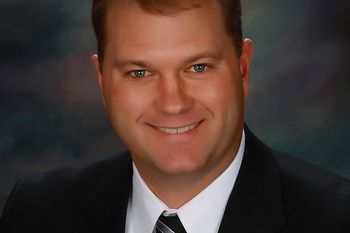
MaineHealth names the system's first chief medical and transformation officer, Baptist Health in Florida names a quality officer, and other leaders take new roles.